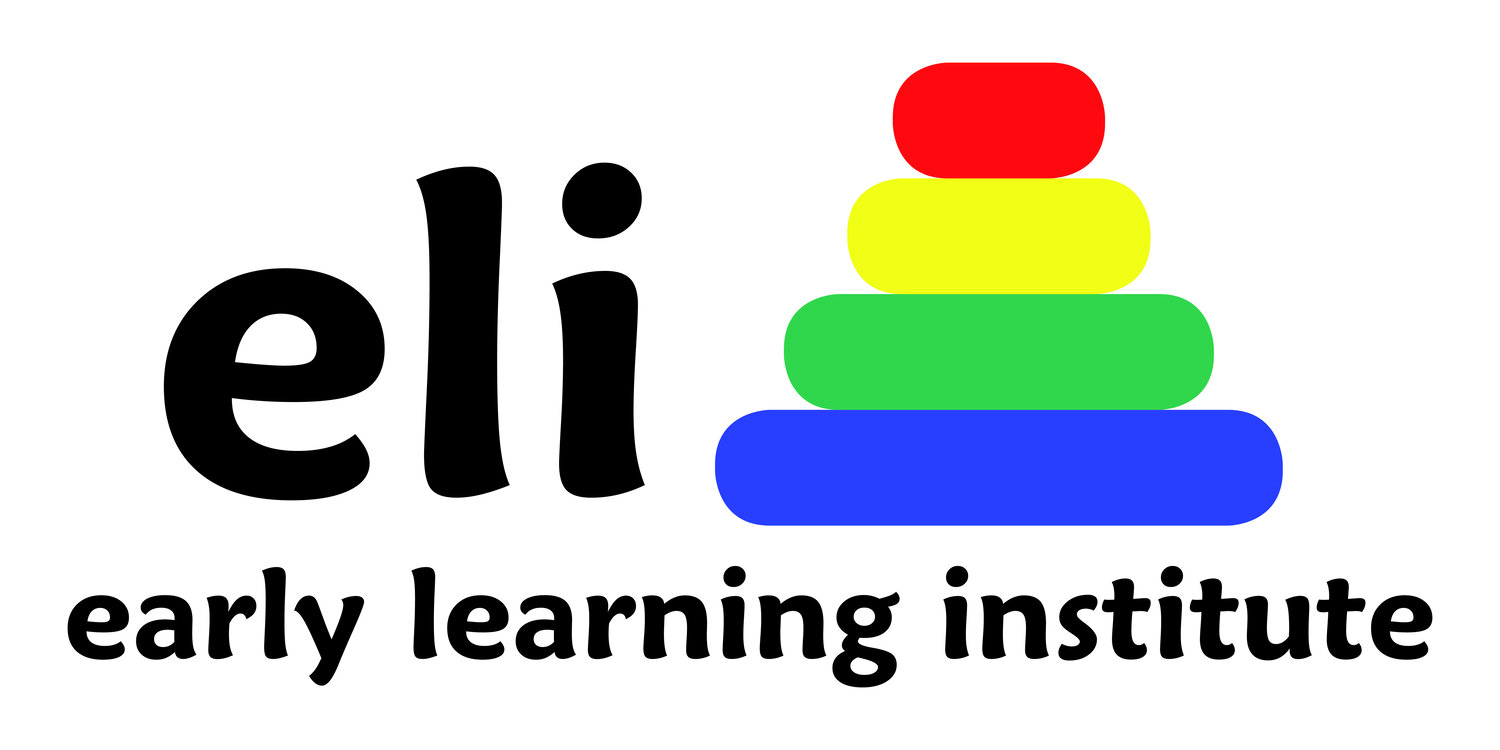Socialization and Young Ones During COVID 19
How Am I Supposed to Educate and Socialize My Children If It’s Not Safe To Be Around Other Kids?
A Word of Encouragement to Families of Young Children in Developmental and Special Education Preschool Services
PEAS, A Specialized Parent Support Perspective
by Howard Termo, Transdisciplinary Mental Health Practitioner
This summer of COVID 19 has been like no other. Safety precautions have affected vacations, staycations, summer camps and childcare. Layoffs or reductions in income loom large for families, as do worries about family members performing essential services in the community. For parents able to work from home, finding creative ways to keep children happy and stimulated without too much screen time, can be a challenge. With parents’ attention divided between their paying jobs and parenting, some feel they are giving neither their best. Safe, affordable childcare, has never felt more essential.
One of the great pressures parents are feeling these days involves decisions about their children’s education. The new school year is approaching, the health landscape is changing week to week, and everyone is getting used to having a plan and then adjusting as needed. Parents want, and in some cases need their children to return to school but wonder if it will be safe. With classes and services delivered online and via video and phone, some parents report feeling ill equipped to support their children in the various subjects and levels needed. Whichever way children receive their education, the hope is they and their parents will have the resources needed.
For parents of young children with developmental needs, there is another aspect of learning that causes parents worry. That is, the social and language development of their toddlers and preschoolers. Typically, children practice these skills with peers, either side by side or in groups. Currently, group environments have strict health and safety protocols in place, but in these uncertain times accessing group experiences means deciding between peer interaction and keeping young ones home where parents can control their environment. Everything parents have been doing to help their young children catch up or keep up, now has an overlay of health safety.
So, what is a parent to do if they must limit peer to peer interaction? First, parents can remember that one of the most important things they do for social emotional and language development is be with and talk with their children. Talking, observing, and listening helps parents understand their children’s feelings and helps parents convey family values such as treating others with kindness and compassion. While parents may not be a group of children, they can and already are teaching at home through play and daily routines. Taking turns with almost anything teaches valuable social skills and the rhythm of two-way communication. Adding participants, be they siblings, pets or lovies promotes pretend play and makes it easier to practice caring among “friends”. To the extent that parents can manage, taking full advantage of regularly scheduled video or phone visits with practitioners, teachers and coaches helps encourage and bolster skills. It also provides opportunities for parents to talk with others about how they are doing, especially if they are feeling isolated. There is a lot to juggle and it is important that parents be kind with themselves. Remember, doing one’s best on a given day might not look the same on another. Parents are still trying to do their best each day.
And so, taking care of oneself has never been more important, especially with families seeing more of each other than they are used to. But what is “self care”? The Gottman Institute puts it so well in their newsletter entitled Marriage Minutes. Here is their latest:
“Self-care” is everywhere. It’s trendy and, as a concept, it’s extremely vague. The words “self-care” may conjure up images of bubble baths, mud masks, or anything involving essential oils.
But what if bubble baths don’t do it for you?
Self-care isn’t just about treating yourself—it’s about treating yourself well. And that looks different for everyone.
So what relaxes or soothes you? What makes you feel good in your body? What’s an experience or activity that makes the world slip away?
What did you enjoy doing as a kid? What about that activity or experience did you enjoy most?
Maybe your version of self-care is going for a run, or maybe it’s watching a favorite episode of a show you’ve already seen. Maybe you like to get immersed in a jigsaw puzzle or a novel—or maybe self-care means lighting all the candles you own, singing at the top of your lungs, and cleaning the toilet.
What does self-care look like for your partner? How is it similar to your version of self-care? How is it different? How can you create moments that facilitate self-care for each of you?
When you tune in to the things that light you from within, you are better able to share your light with others.
Parents, you got this. Hang in there, enjoy the moment and take care. Better times are coming.
If you are a parent of a young child in developmental or special education preschool services and feel that talking with someone would be a helpful emotional support as you work to help your child, the PEAS Parent Support program is here to listen.
PEAS is a short term and flexible parent support service available in English or Spanish to Sonoma County parents with young children receiving developmental or special education services, birth to 5, or not yet in Kindergarten. Thanks to an ELI grant, services are provided at no cost to families and are now available by phone or video. To make a referral (with parent permission of course), visit us at earlylearninginstitute.com, or call us at 707 591-0170.


